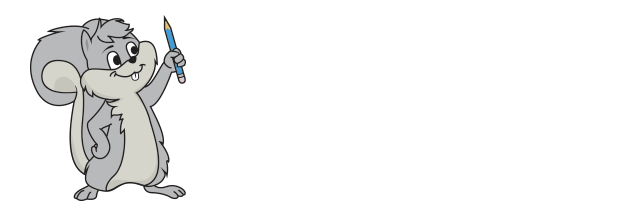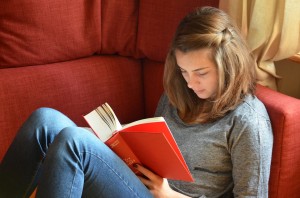Toward a Reading Life: 4 Pivotal Questions for Students
By Dennis Urban
on Sunday, March, 13th, 2016 in reading, test prep, testprep.
No Comments
When we ask ourselves what students can do to prepare for standardized testing, there is one simple answer: “Read, read, read.” Here follow four pivotal questions students should think about, attempt to answer, and make changes in their reading life to be better prepared academically.
- Why do I need to read to do better on standardized tests?
The single most important thing you can do to prepare yourself for all standardized tests is to spend a reasonable amount of time, every day reading! Why? Reading definitely increases your vocabulary; it builds and improves all your language skills; it adds a great deal to your ability to analyze any problem in any content area. It has the ability to provide you with important background knowledge for any subject. Reading also builds your own confidence by empowering you to talk about people, places, and events. In addition, it’s great to read language as it is used by authors. Furthermore, reading the writings of others is an excellent way to help you improve your own writing! Developing a reading routine—meaning spending a reasonable amount of time reading everyday is truly the daily vitamin that will make you a stronger test-taker in every subject.
- What should I read?
Novels can definitely be great reads. They can stimulate your imagination. They can give you insight into the human condition. They can help you understand conflicts and resolutions. And there are so many types of fiction that you can read—historical fiction, science-fiction, detective and mystery fiction, horror fiction, romance, etc. And those genres are not restricted to novels. There’s an entire universe of short stories out there on every possible theme!
But when considering becoming a better student and preparing for standardized testing the best answer to the question, “Should I just read novels?” is, “Absolutely not!” Biographies, autobiographies, and non-fiction are under-appreciated for their excellent value to us. For one thing, they are among the richest source of factual information. Biographies expand our content knowledge when we read the lives of figures in any field of life’s endeavors—figures in history, explorers, scientists in every scientific field, mathematicians, musicians, artists, athletes and so on. There is no better way to understand these fields than through those whose lives have been dedicated to them. And in biographies and non-fictions, we may come to understand how others have overcome obstacles, dealt with tragedy, faced handicaps, fought for human rights, etc. These works are loaded with extremely valuable life lessons. Through these works, you can also increase your own self-discovery; you will likely see the world in new ways; you will come to new understanding of current affairs, history, politics, and physical and mental health. Biographies, autobiographies, and non-fiction have the capacity to make you a better, more knowledgeable, and more aware individual. They are a treasure trove of knowledge which can only help you be a better student and be better prepared for standardized testing.
- How can I make myself more likely to read regularly?
Whether you’re reading books electronically or in print, there is something to be said for owning your own personal library at home. It doesn’t have to be large. It just has to be yours. That’s what makes it rich! It will help you remember the great books you’ve read—and their authors. It will motivate you to pick up a book and read. It will serve as a resource for your writing and other assignments. Although there are no rules for a personal library, here are some suggestions of what it could consist of:
- Books you’ve read, loved, and want to hold onto, or hand off to a brother or sister. (Think of it as your own personal collection!)
- Books you want to get around to reading one of these days.
(If the books readily accessible, it greatly increases the likelihood of your reading them.)
- Books on a favorite topic of yours.
(They don’t have to be masterpieces. They may be books on music, sports, animals—whatever you’re interested in.)
- Books you can refer to.
(A few textbooks and reference works can be very helpful in doing assignments and projects.)
Once you have your own personal library, you’ll be amazed how easy it’ll be to grow it.
- How do I know if I’m reading enough? Should I read a certain amount every month?
There probably isn’t one answer to this question; if you can list your five favorite books as well as name your favorite author or authors, you very likely have an excellent reading background. If not, it’s a sign that you need to read more books and discover authors who speak to you! This can become an academic and intellectual goal. It won’t take long, and it will make you a more intelligent individual who is better prepared academically.
There may even be a more practical reason for knowing your favorite books and authors. For a college interview, will you be able to answer such questions as, “Who is your favorite author?” “What are you reading these days?” “What’s the most interesting book you’ve ever read?” The interviewer will learn a great deal about you from that answer!

